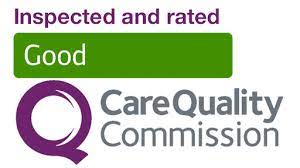The Pregnancy Ultrasound Scan
Pregnancy or baby ultrasound scans are a very common part of prenatal care. This is because ultrasound scans are completely painless, have no known side effects on mothers or babies, and can be carried out at any stage of pregnancy: in early pregnancy, ultrasound is being used to confirm the baby's heartbeat and exclude any early-stage abnormalities; later in pregnancy ultrasound is being used to evaluate the baby's overall health.
About Ultrasound
Ultrasound imaging is a medical diagnostic technique where sound waves are used to image various parts of the body.
Other terms for ultrasound imaging are sonograms, US and sonography.
Ultrasound is widely used these days as it is painless and safe for adults, children and foetuses. There are no side effects such as the ones associated with radiation.
During the ultrasound scan, the sonographer rests a small probe over the skin. This probe produces sound waves, i.e. pulsations, that travel through the tissues. Some sound waves are being reflected back to the transducer, and the computer analyses the returning echoes and produces the image on the screen. It is the same principle as the sonar the navy uses.
Ultrasound is being used to image mostly solid organs such as the liver, kidneys, uterus and ovaries, muscles and blood vessels and babies in the womb.
It has however limited value in organs such as lungs, bone, stomach and bowel/colon.
Ultrasound images are black and white but the colour Doppler is being used to evaluate organ and blood vessel blood flow and this is what the red and blue colours on the screen are.






